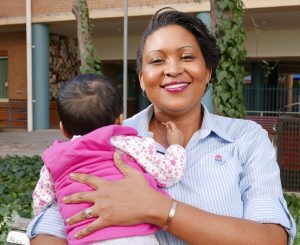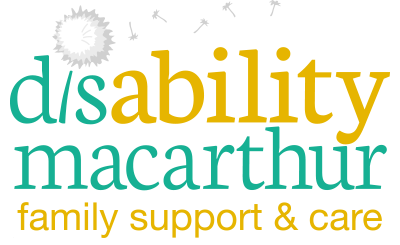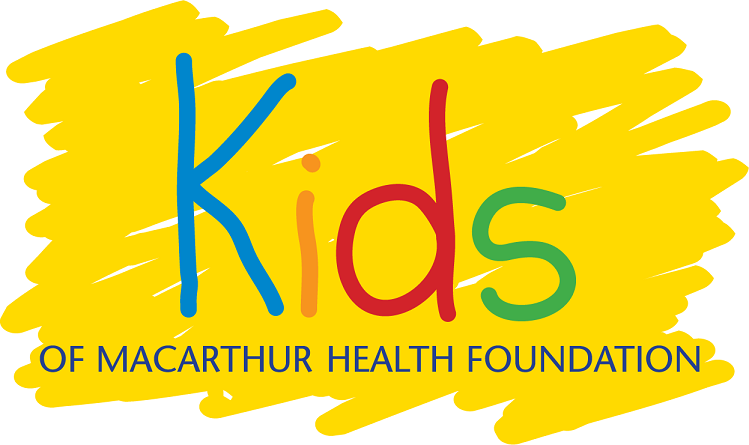
Supporting mums with HIV to give birth to healthy, HIV-free babies is just one of the success stories worth celebrating during HIV Testing Week.
From 2010 to 2015, South Western Sydney Local Health District has seen 11 healthy babies born to HIV positive mothers.
Advances in treatments, routine HIV testing during pregnancy and specialist HIV services mean these babies are all HIV negative.
New prevention methods, specialist HIV services and a whole new era of treatments and testing are just some of the advances changing the nature of this health issue in Australia.
Along with celebrating achievements, HIV Testing Week – June 1 -7 – is the perfect opportunity to encourage people at risk to get tested for the virus.
Dr Louise Evans, acting director in clinical immunology and HIV medicine at Liverpool Hospital, stressed the importance of HIV testing to ensure we continue to see such positive outcomes.
“With around 11,500 people in NSW living with HIV infection, HIV testing is vital because the virus is often transmitted by people who don’t know they have it,” Dr Evans said.
“Testing is easier and faster than ever before, with the Liverpool Sexual Health Clinic offering online bookings, express clinics, after hours and drop in clinics.’’
Early diagnosis and treatment improves health outcomes and significantly reduces the risk of transmitting HIV.
In HIV positive pregnant women, treatment during pregnancy virtually eliminates the risk of passing the virus to their baby.
New prevention methods including PrEP (pre-exposure prophylaxis) help individuals reduce their risk of becoming infected with HIV and can make relationships easier for couples where one person has HIV and the other doesn’t.
“A HIV diagnosis is no longer a death sentence and current treatments allow people to have healthy lives, relationships and families,” Dr Evans said.
“However, we need people in groups at risk of HIV especially to test regularly so they can receive early treatment and prevent transmission to others.
[social_quote duplicate=”no” align=”default”]“Achieving high levels of testing, treatment, and maintaining safe sex practices are the key if we are to achieve our ambitious target of ending HIV transmission by 2020,” she said.[/social_quote]
As well as gay and homosexually active men including those aged over 50 years, heterosexual people who may be at risk of HIV should also be tested.
This includes people from countries where there are high rates of HIV, anyone with a sexual partner from a high risk country and people who have had unprotected sex while travelling in these countries. Anyone who has had unprotected sex with a high risk person should also be tested.
All pregnant women should be tested irrespective of risk, as treatment during pregnancy is very effective in stopping the baby from getting infected.
People can request HIV testing at their GP or health service.
Free and confidential HIV testing is available at Liverpool Sexual Health Clinic, 13 Elizabeth St Liverpool phone 9827 8022.
To find out where to get tested across NSW visit this website here.
For more information on HIV testing, treatment and prevention visit the Health NSW website here or call the NSW Sexual Health Infolink 1800 451 624 www.shil.nsw.gov.au .
For more information on HIV notifications in NSW in 2015 visit this website here.



